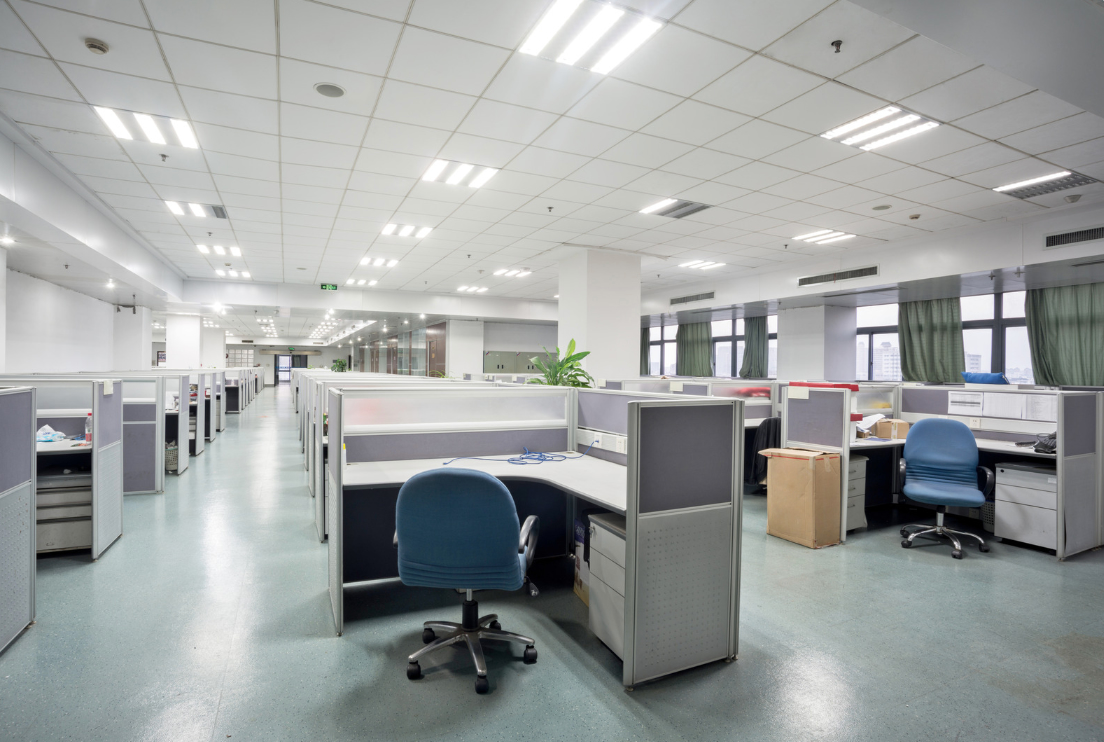With any potential CRE development or redevelopment project, it’s important to secure a positive ROI with your investment. But with so many variables, it can be difficult to establish how limited resources like cash, building materials, and time will be allocated towards a new project—and whether or not pursuing the project is even worth the cost.
Feasibility studies solve this problem by determining the ROI of a development or redevelopment. Whether you’re purchasing a plot of new land or looking to update an outdated retail complex, feasibility studies allow you to understand the specifics of your project and decide its viability.
Read on to discover why feasibility studies are an important first step of development and redevelopment projects.
The Importance of a Feasibility Study to a Development or Redevelopment Project
Feasibility studies are frequently ordered by an individual, like a director of commercial real estate or a city planner, who needs to prove the value of a project to stakeholders or executives. The study itself can be conducted by a CRE broker, engineer, architect, attorney, or other expert.
Feasibility studies are important for a number of reasons beyond just indicating whether a project will have a positive ROI. The information covered in a feasibility study can help inform a project timeline and budget. The reports also uncover roadblocks that can be resolved, like a minor encroachment, saving the developer resources and preventing them from needlessly abandoning the project.
Additionally, feasibility studies identify potential opportunities for higher revenue. While a development project may be deemed unprofitable in one neighborhood, for example, the research conducted during a feasibility study could reveal a more optimal location for the project
Lastly, feasibility studies can help identify the risk involved with a development or redevelopment project, even those determined to be viable.
What’s Included in a Commercial Real Estate Feasibility Study?
The factors analyzed in a feasibility study vary based on the nature of the project.
A common first step in the feasibility study process, however, is a preliminary analysis. The preliminary analysis initially identifies major issues before time is spent conducting a full feasibility study.
The areas of focus listed below are also frequently included in feasibility studies.
Physical Feasibility
The physical feasibility of a project includes considerations of a new development’s tangible aspects, like the condition of the land and parking needs associated with the completed project. It also includes the project’s environmental impact and site plan, which shows the dimensions of either a new project or additions to an existing building. Land surveys are also frequently conducted when determining the physical feasibility of a project.
Financial Feasibility
Determining the financial feasibility of a project involves generating a cost estimate of the project and weighing its costs against its benefits. Capital needs, cash flow, financing opportunities, and the role of additional investors should all be considered.
Legal Feasibility
The legal feasibility of a project refers primarily to zoning concerns, title searches, and ensuring the intended building use matches what’s permitted in a given zone code. Your legal feasibility research should also include the entitlement process, which ensures you secure legal permission to proceed with your project.
Economic Feasibility
To determine economic feasibility, a researcher will look at market conditions to predict the success of the completed project. These market conditions include demographic analysis, available incentives, and local rent estimates.
Other Important Feasibility Study Components to Consider
Depending on the project, the contents of a feasibility study can vary. While the above information is commonly included, the factors listed below may be relevant in feasibility studies requested for niche projects.
- Cultural feasibility. Identifies the societal impact of the project.
- Operational feasibility. Identifies the project’s likelihood to fulfill organizational needs.
- Resource feasibility. Identifies whether the organization will have access to enough construction resources.
- Technical feasibility. Identifies if the organization has the knowledge to complete a project or access to sufficient informational resources.
Once a feasibility study is complete, use the information acquired to determine if the CRE project is viable before beginning the development process.
When you’re ready to conduct a feasibility study, reach out to Allegro Real Estate Brokers & Advisors to help you make a confident, profitable decision.
Want more commercial real estate resources?
Our blog features frequent content, straight from our commercial real estate experts. Subscribe to receive weekly content right in your inbox, on topics like advice and opinions on the state of the industry, market reports, and updates about the Allegro team.







